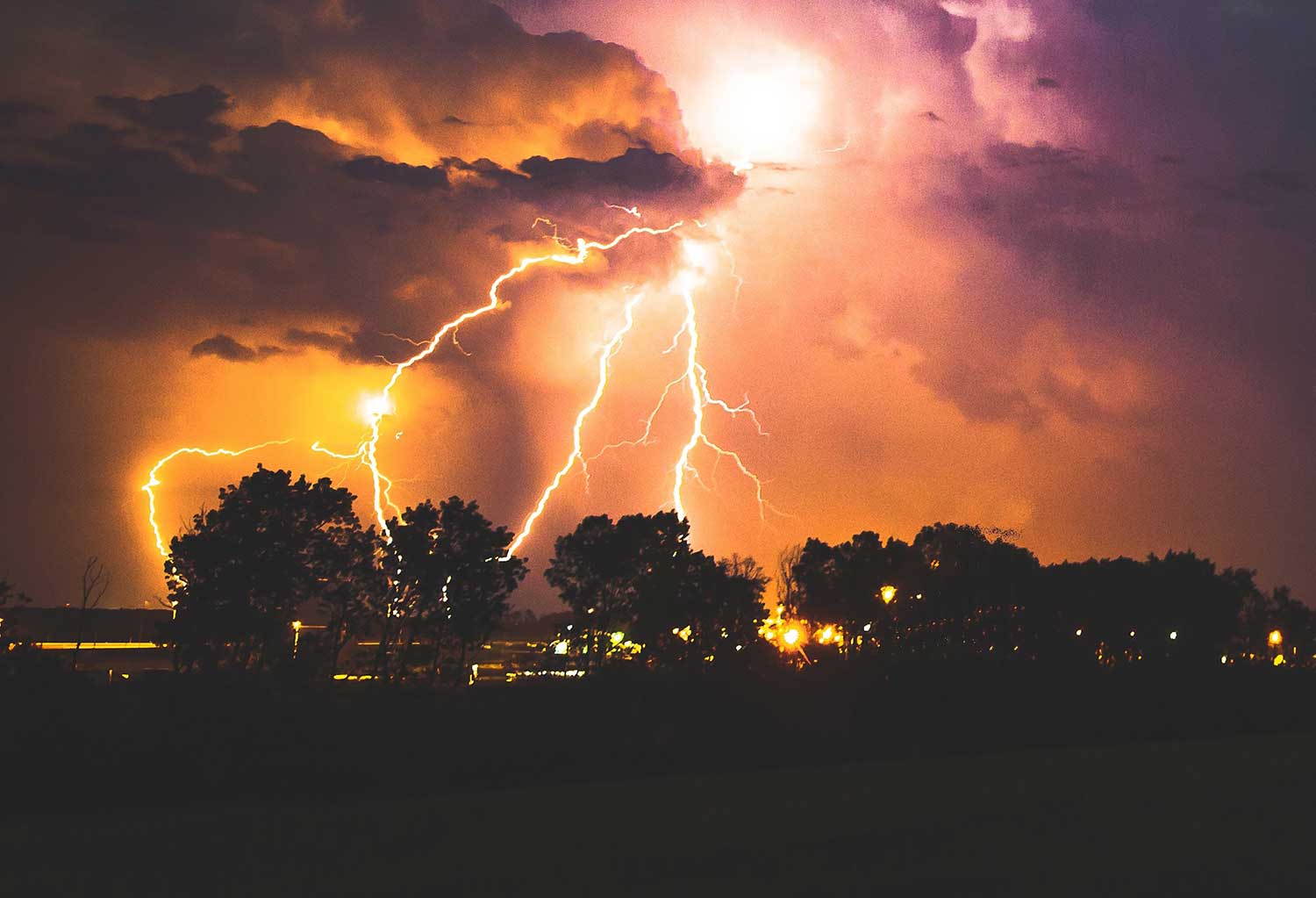


Construction delays are an all-too frequent occurrence on construction sites all over the world. Some of these delays are caused by contractor, client and subcontractor errors i.e delays within the project party's control, while other delays are caused by weather and other adverse conditions outside the control of the project parties.
Construction delays due to weather are obviously outside the control of contractors and other project teams, and they can have a serious impact on project management and delivery.
Some companies and countries need to manage more inclement and dramatic weather than others. For example, a company in the midwest of the US is going to have a number of months fighting snow and freezing conditions - while a company in California may face bushfire threats and other heat-based issues.
Who is responsible for construction delays due to weather varies from project to project and contract to contract. Contractors and other parties are expected to factor in and plan for adverse and normal seasonal weather events - but it is impossible for companies to build in margin and discrepancy for mega storms and completely unseasonable weather events.
For the most part, construction delays due to weather which are classified as exceptionally adverse weather will warrant an extension of time for the contractor and in some cases loss and expense.
In all cases, the contractor must prove that the weather was the reason for the delay - and that they did everything in their power to mitigate the delay and reduce the impacts of the weather delay.
Construction delays due to weather do float in the grey area a little more than some other delays, and can lead to large scale disputes and issues.
One of the most obvious ways that construction companies can reduce the negative impacts of delays due to weather is to plan and schedule well.
Weather is unpredictable of course, but proper and accurate planning can help contractors and other parties to optimise their plans and resources around expected delays.
The findings in this study for example, show that the weather in the United Kingdom (UK) extends projects by an average of 21%. That's a huge number.
While this may seem unfair, the study also found that using climatological data derived from actual weather observations could lead to average reductions in project durations of 16%, with proportional reduction in indirect and overhead costs.
This showcases the power of effective planning - and of using the right data for your project and resource estimates.
If construction companies continue to plan and schedule in the same ways they have for the last 20, 50 or 100 years, then the results and delays will remain largely the same.
If they can leverage and count on new technologies and data, then they may find that they can smooth over the weather delays and come out sunny no matter what the weather.
The other option is to of course factor in and add a bunch of buffer and margin for weather and related delays. This can also work from a financial perspective, but doesn't do much to alleviate the delay issues and headaches.
Aside from smart planning, what can companies do to better manage delays due to weather?
One of the main things they can do is react and communicate quickly. The issue with construction delays due to the weather is that the weather delay usually results in follow-on delays.
A simple few-day storm can have a domino effect on contractor schedules, subcontractor schedules, supplies and materials, not to mention permits to work, safety permits and other critical documentation.
Communicating a delay or issue quickly enables every team and stakeholder to react accordingly. Some of this communication can happen on site and through traditional methods like email and phone, but you are better off managing it with automated workflows and systems.
Automated workflows enable you to trigger extension of time approvals, alternative purchase requests and other processes which quickly become urgent in the face of weather delays.
One part of communicating construction delays due to weather is about reacting to the delay positively so that the delay is mitigated. But the other part of the equation is to make sure that your not held responsible for a weather delay which was outside of your control.
In order to protect yourself and your bank balance, you need to make sure that an extension of time is approved by the client, owner or applicable party, and that all of the required information about the delay and weather is captured, documented and signed off.
You can see a great example of this below, where the document provided by the contractor outlines the cause of the delay - with a bunch of great supporting information.